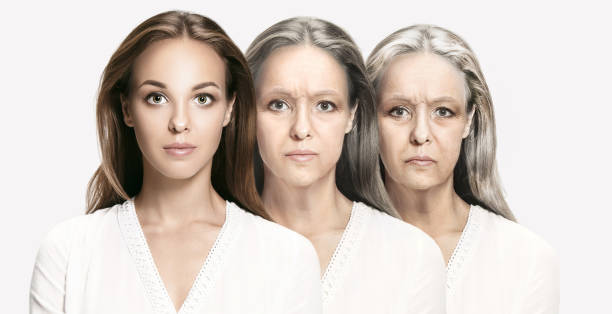March is Women’s History Month! Usually on the blog we like to take some time in March to interview a woman-centric agency or explore a topic specific to women. Today we’re going to explore unique aging challenges that women face.
What issues do women face?
- Caregiving
- The majority of family caregivers are women
- Female caregivers are less likely to bring in outside help than their male counterparts (27% vs. 37%)
- Female caregivers are less likely to be employed full time than their male counterparts (55% vs. 65%)
- Female caregivers are less likely than their male counterparts to talk to their boss about accommodations for their caregiving
- Financial
- 67% of women age 50-64 stated that they are very or somewhat worried that prices are rising faster than income.
- Women age 50+ experienced a 45% decline in their standard of living after a divorce (vs. 21% for men).
- Women age 50+ are less likely to remarry after a divorce than their male counterparts. This puts them at a further financial disadvantage.
- 42% of women aged 50-64 stated that an unexpected expense of $1,000 would be a significant setback (vs. 34% of men in the same age range).
- Only 9% of women aged 50-64 stated that they were very confident they would have enough money to live comfortably in retirement. For comparison, 30% of men age 65+ agreed with this statement.
- 49% of women aged 50-64 and 31% of women aged 65+ stated that they have done without in order to make ends meet (e.g., skipping medical care, rationing medication, or putting the health and needs of a loved one over their own needs).
- Health
- The longer someone lives, the greater chance that they will develop a disability (Remember, women tend to live longer than men).
- Mental health
Why are these issues unique to women?
- On average, women tend to live longer than men
- Since they live longer, women are more likely to outlive their partner and lack that built-in spousal caregiver.
- Women’s finances are more likely to be negatively affected by divorce.
- Household worth is a predictor of disability. Due to a number of factors, older women tend to have a lower net worth than their male counterparts.
- Social security benefits are based on a worker’s highest earning years. Women are more likely to be taking time off or working part time in those years due to raising children/taking maternity leave. This leads to less payout once they reach retirement age.
- With a lack of uniform paid maternity leave in the US when women have children, they’re forced to take a substantial pay cut. This pay cut can become permanent and increase with every additional child that woman has over the course of her life.
- Age and gender discrimination.
Can anything be done?
- Keep your brain healthy to guard against Alzheimer’s. Studies show that higher education, complex jobs, and physical activity can help protect you against Alzheimer’s.
- Retired? There are plenty of educational opportunities in your community. Or you could check out your local senior center.
- Be mindful of the parts of your health you can control- make sure to eat a balanced diet, stay away from smoking, move your body, and try to get enough sleep.
- Delaying retirement or working later in life can increase social security benefits or women, but keep in mind it’s not a one-size-fits-all solution.






